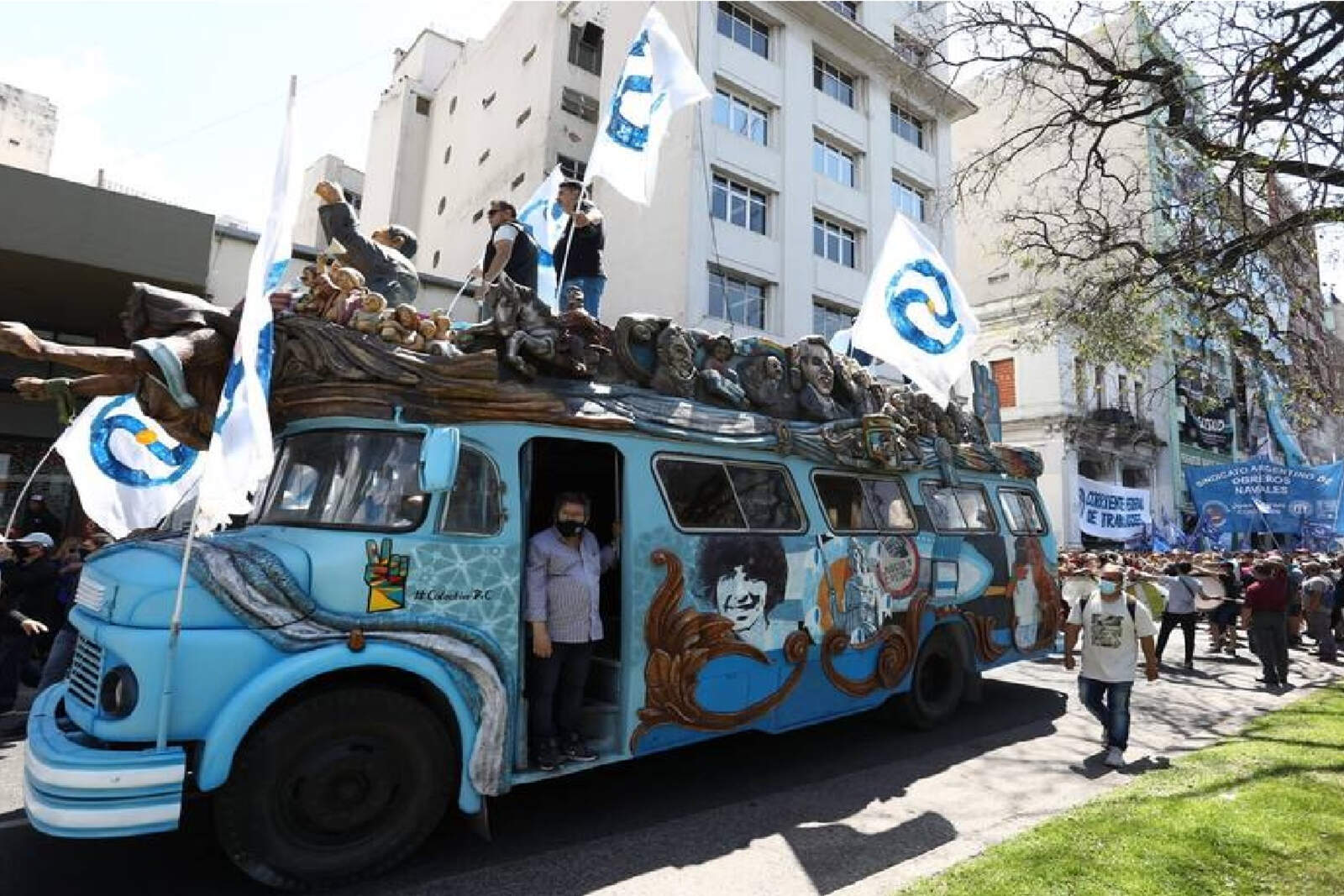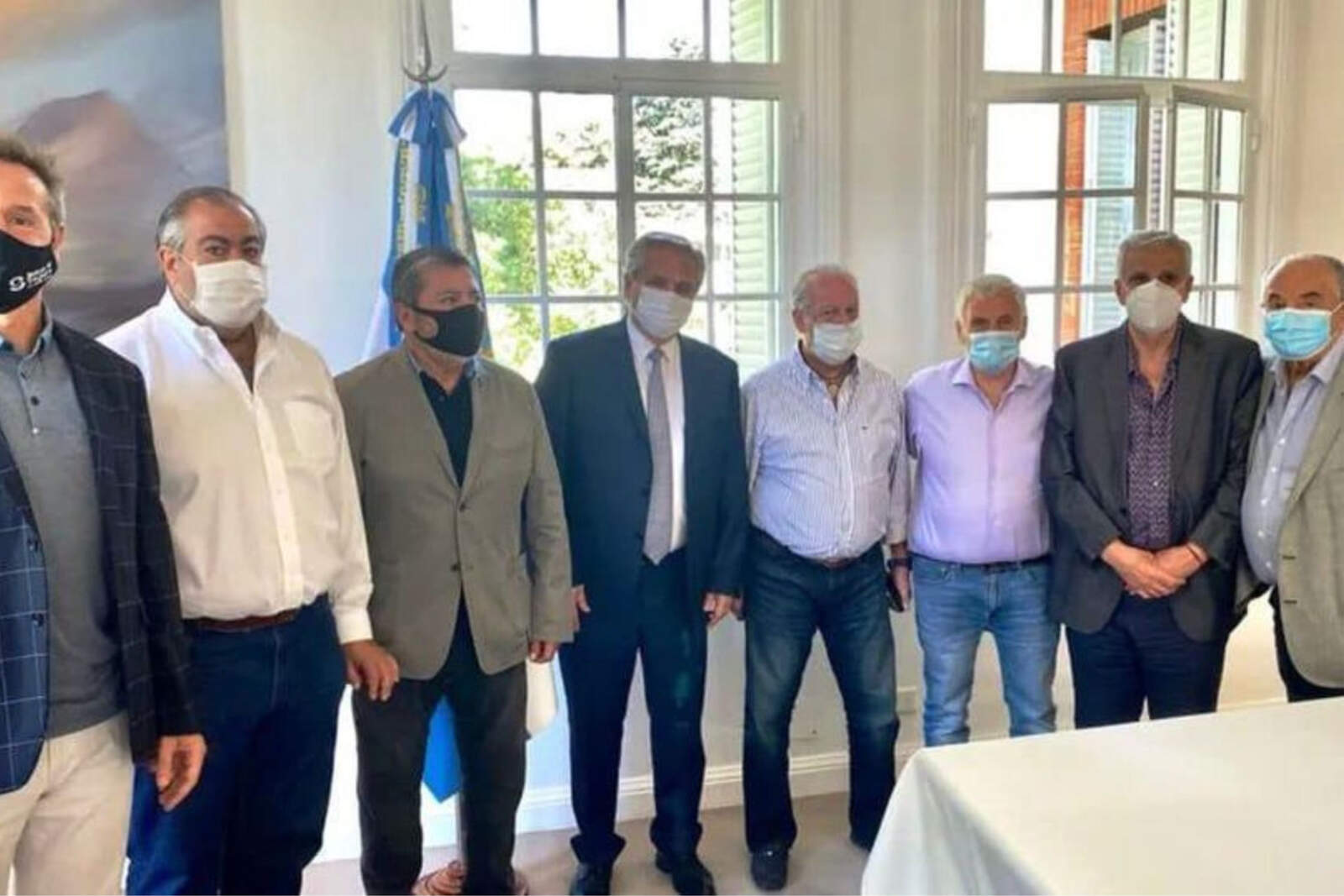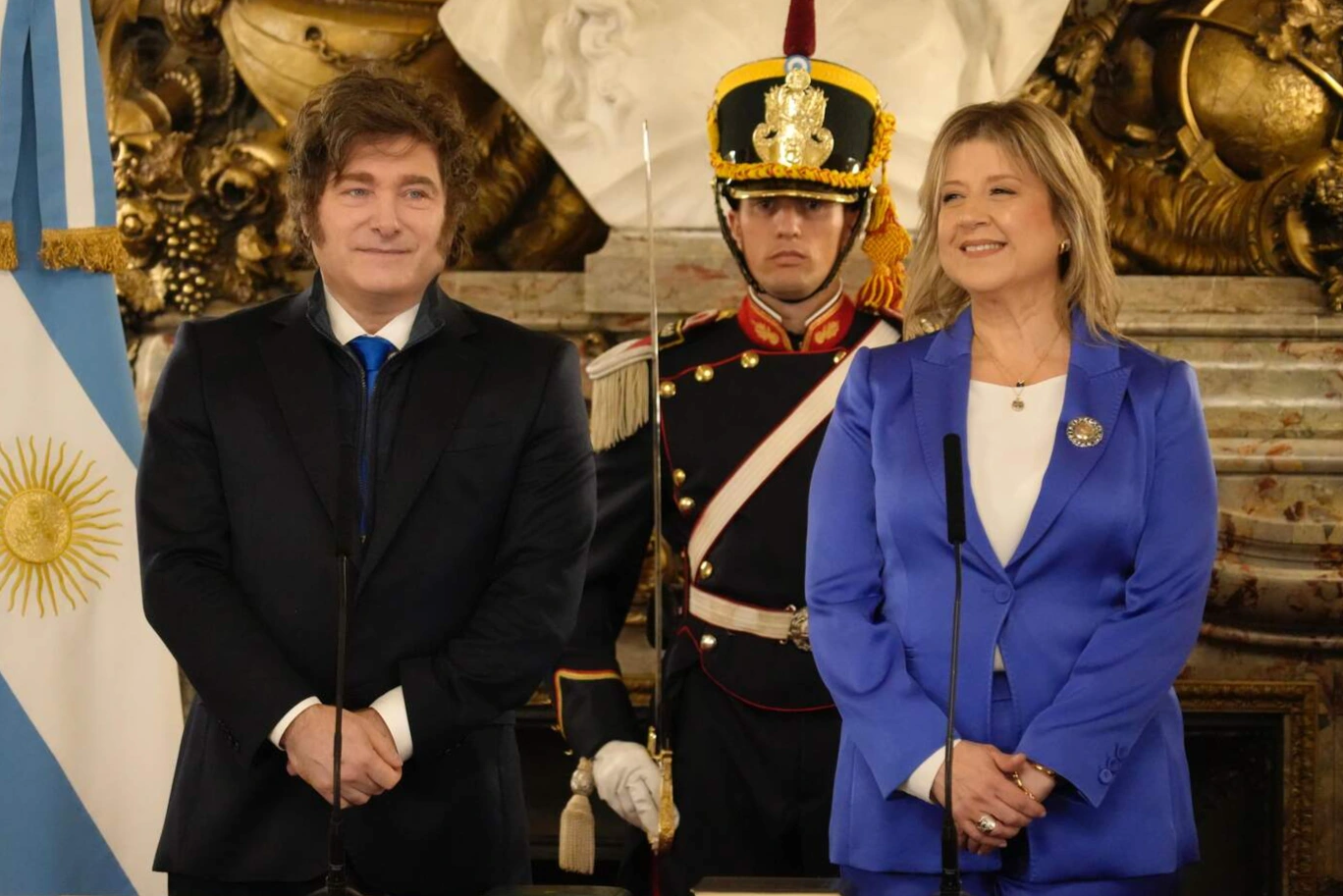A postcard stuck in the past
Yesterday, May 29, Córdoba once again endured the usual ritual: protests, roadblocks, smoke, and loudspeakers blaring in the name of the Cordobazo. Streets were blocked, buses rerouted, businesses paralyzed, and residents trapped in chaos. All to commemorate an uprising from over half a century ago that, as time has passed, has become more of an ideological fetish than a historically relevant event.
What was once an expression of protest against Onganía's military government is now used as an excuse to exalt a union power that is increasingly less socially legitimized. This nostalgia for failed models of the past only serves to justify their eagerness to block any attempt at reform and to uphold a statist vision that has led the country to stagnation.
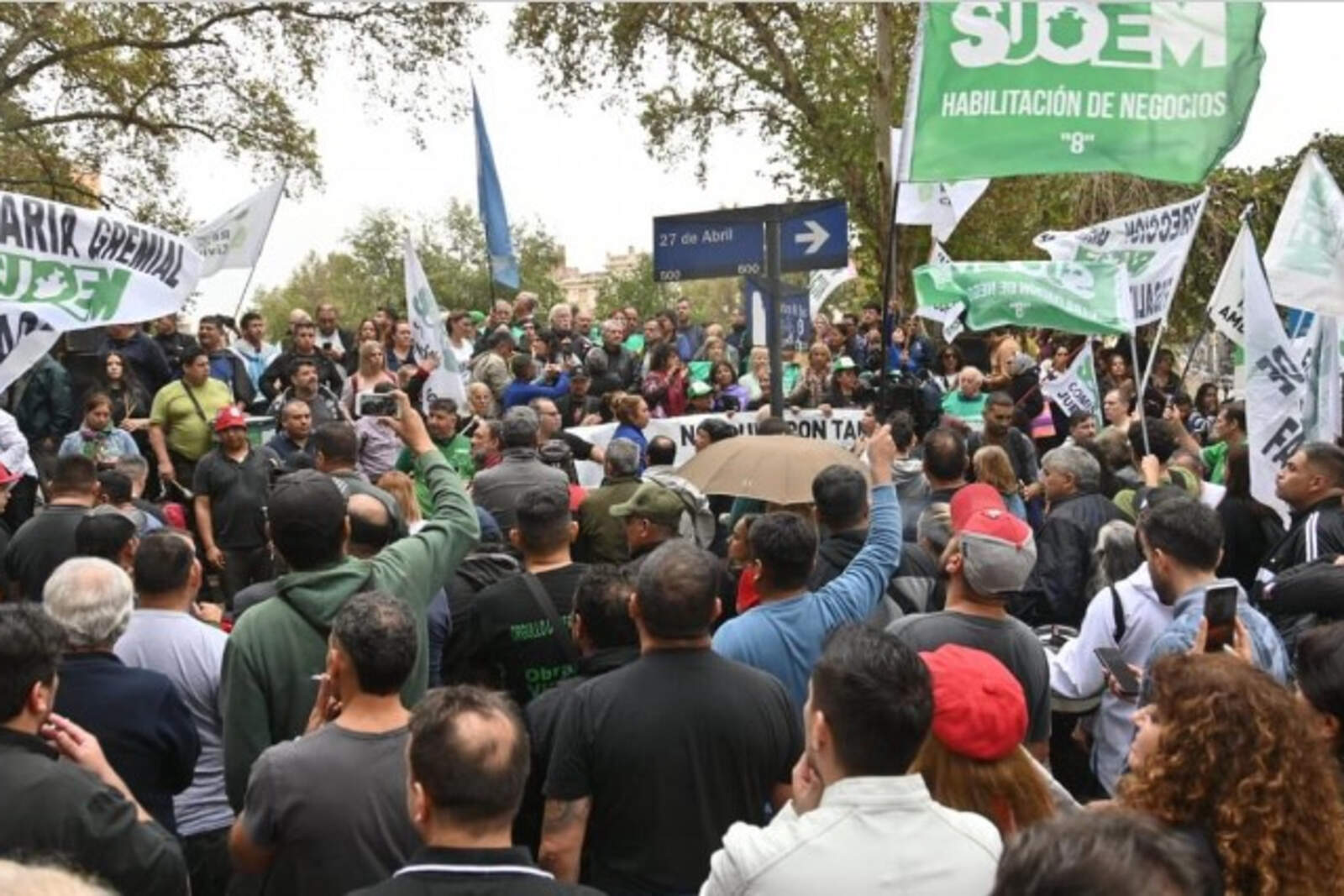
A useful myth for the State Party
With each passing year, the Cordobazo becomes more of a useful myth for those who thrive on conflict. There is no room for debate or for critical reflection on what was truly achieved or frustrated as a result of that day. There are only banners with the same old slogans and a handful of leaders who refuse to accept that twenty-first-century Argentina can no longer live tied to the past.
The same people who commemorate the Cordobazo are those who defend obsolete labor laws, eternal subsidies, and a State that suffocates the private sector. This is no coincidence: without that apparatus, many of them would have no way to make a living.
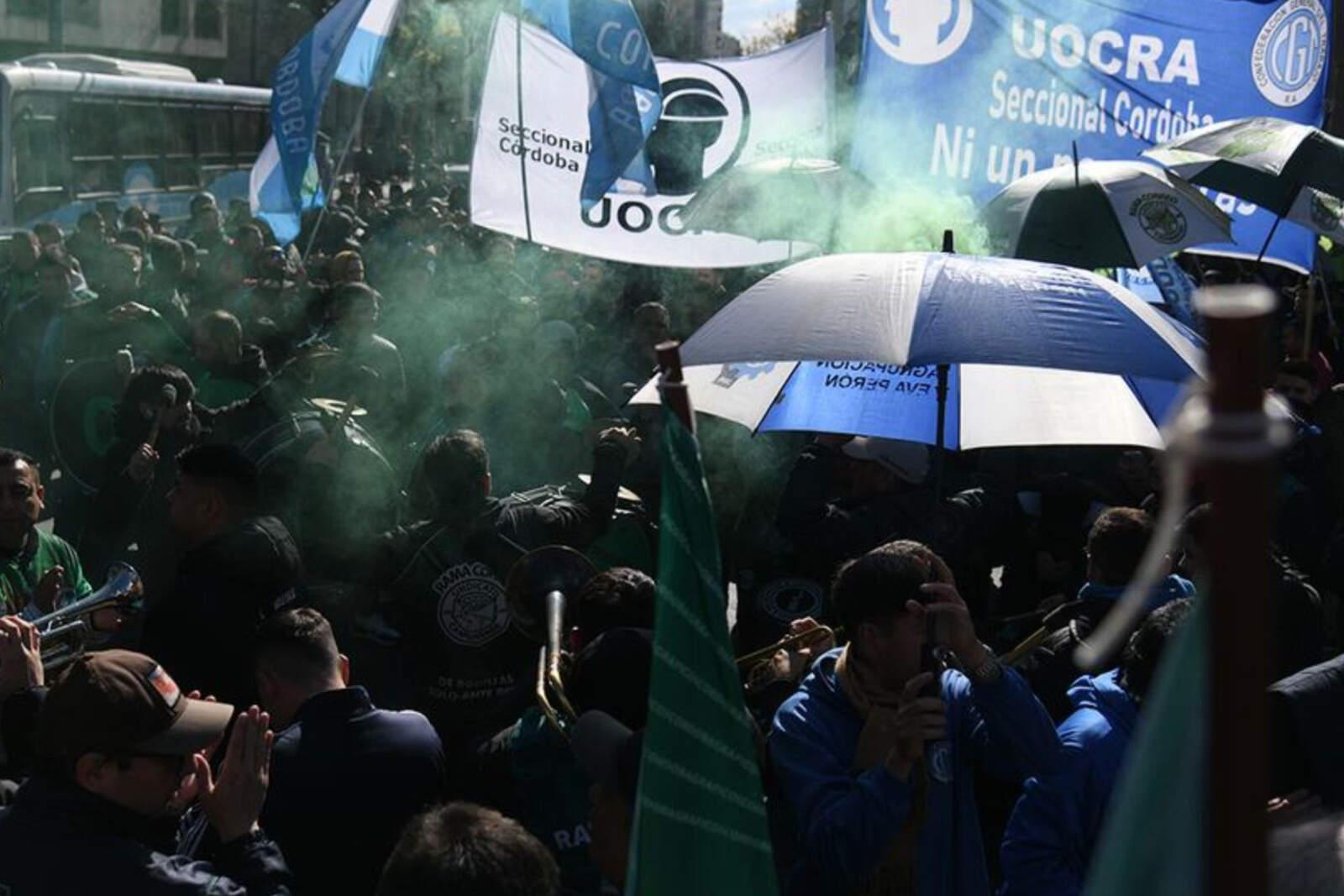
The protests in Córdoba
The protests that took place yesterday only reflect the backwardness of a country we do not want to return to. Streets were taken over by unionists who represent no one, and real workers arrived late to their destinations due to the blockades.
These are some of the reasons why 75% of Cordobans supported President Milei in the November 2023 runoff. By violating Patricia Bullrich's Anti-Picket Protocol, these anachronistic groups only further reinforce the reasons why citizens chose deep change.

